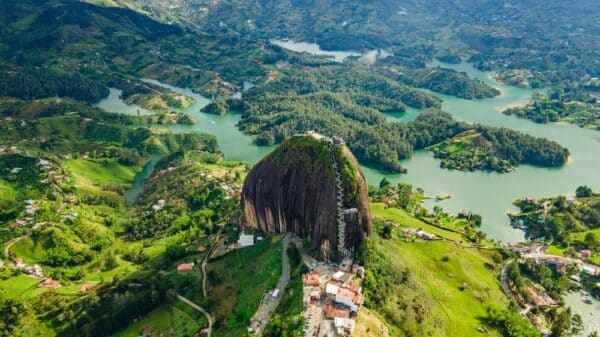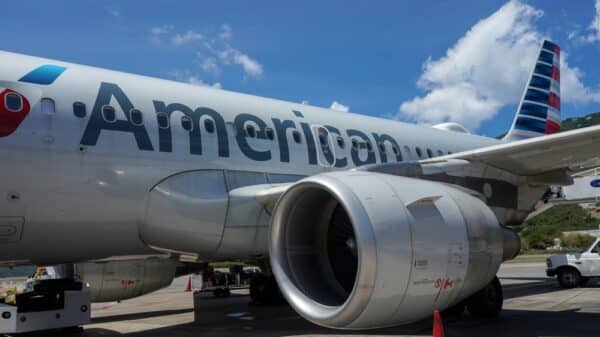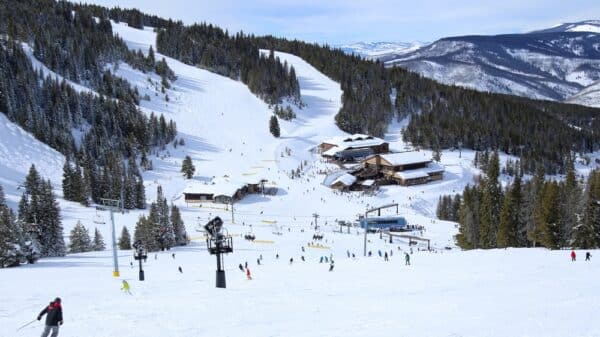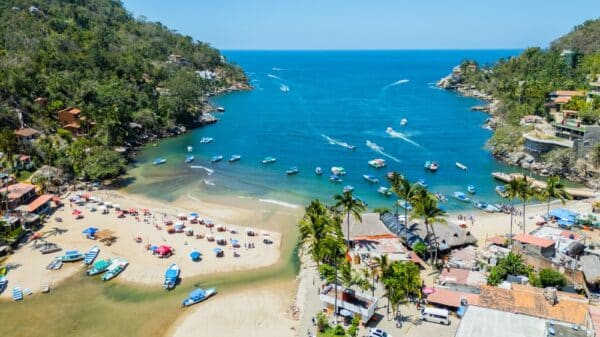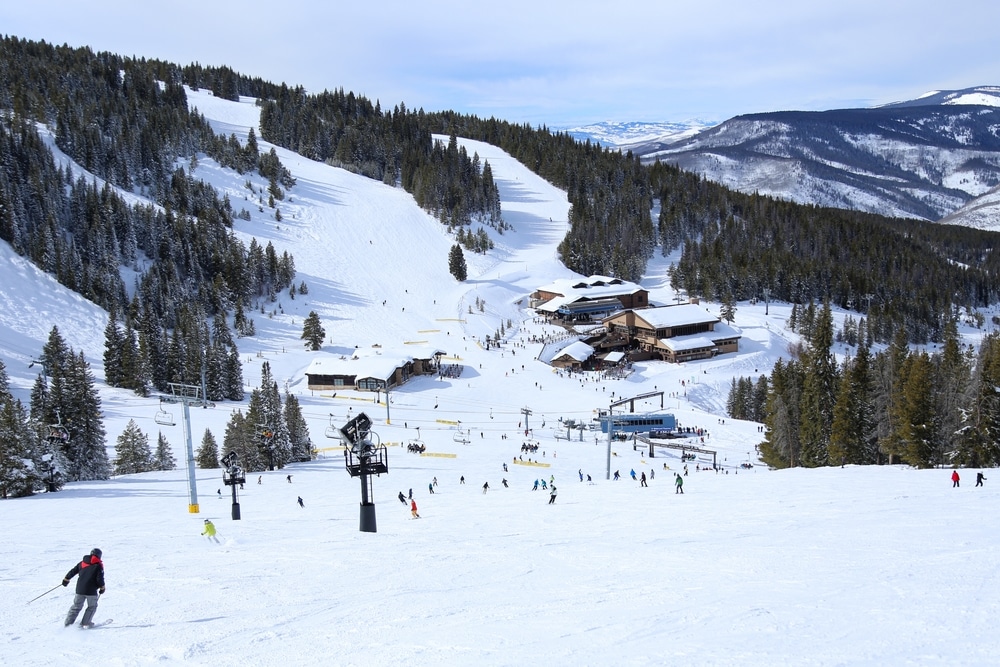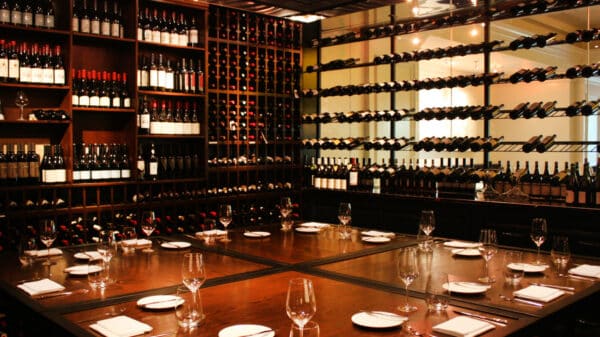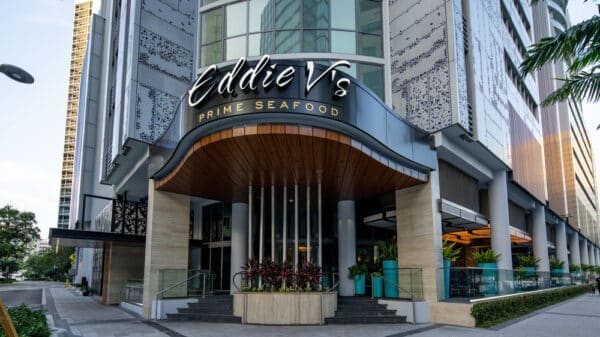Vail Resorts, a major player in the ski industry and the operator of 42 ski resorts, is making a concerted effort to reconnect with ski tour operators and travel agents—a move that many in the industry see as a substantial shift from its recent strategies. For several years, Vail has focused heavily on selling directly to consumers, significantly increasing its reliance on the multi-mountain Epic Pass and offering deep discounts that weren’t available through traditional tour operators.
In March, Vail introduced a new initiative aimed at encouraging collaboration with tour operators. This promotion allows these partners to book accommodations at Vail-owned hotels with the same 20% discount available to consumers through the Epic Mountain Rewards program. In an email to travel sellers, Vail stated, “Our intention with this promotion is to provide our valuable wholesale partners with lodging rates that align with the Epic Mountain Rewards pricing.” What’s significant here is that if the initiative shows promising results, Vail may consider extending this pricing strategy further beyond the initial offer, which runs until June 30.
But it’s not just the lodging offers that Vail is rolling out. In Whistler Blackcomb, the company is providing exclusive rental prices tailored to wholesalers, especially encouraging bookings for longer stays of six days or more. While Vail declined to comment in detail about these new wholesale promotions, John Plack, the company’s spokesman, emphasized the importance of adapting to various customer booking preferences, stating, “Just like the customizability of the Epic Pass, we strive to meet our guests where they are, providing them with the most seamless travel experience possible.”
These changes may come as a breath of fresh air to tour operators who have felt sidelined in recent years. For instance, Rick Reichsfeld, co-owner of Alpine Adventures, explained that his business has seen its sales of Vail products decrease by at least 50% over the last four years. He attributes this drop to Vail’s direct-to-consumer push, saying, “Once the Epic Pass took hold, they began to cut us out a little.” He recalled losing significant bookings after customers discovered they could secure better deals directly from Vail, a situation that left his business feeling undervalued. “Now they’re seeing the value in us and trying to come back,” he reflects, indicating a hopeful turn in their relationship.
On the flip side, Eduardo Gaz, CEO of TTW Group, which operates SkiBrasil and SkiUSA, shared his experience of a decrease in volume with Vail. His numbers are up 6% this year compared to last, but they’re still below pre-pandemic levels from 2018. Gaz points out that tour operators can provide ski resorts access to high-end clientele that they often miss through direct sales. Additionally, operators can match clients with the right experiences, increasing overall satisfaction and driving more revenue through upsells like dining and spa services.
However, the perception has lingered that Vail hasn’t valued its relationships with tour operators in the same way that its competitors do. “We feel we’re missing the love that we had 20 years ago,” Gaz notes, longing for the days when Vail had a more cooperative spirit. Yet he acknowledges a shift in attitude from Vail, saying, “Vail is certainly working a lot closer to the wholesalers. They are valuing the partnership.”
Turning to group skiing trips, a crucial segment for Vail lies within ski clubs across the U.S. These clubs organize frequent outings, and when Vail acquired several resorts, such as Stowe and Okemo, prices at these locations increased, disappointing many groups like the Boston Ski and Sports Club (BSSC). Randy Friedman, BSSC’s ski and travel director, observed that costs at some venues more than doubled once they came under Vail’s umbrella. The impact was immediate: “We couldn’t go to Stowe anymore,” he said.
In contrast, competitors like Alterra Mountain Company have maintained a more favorable approach towards club partnerships. According to Friedman, they still manage independently negotiated group rates with resorts owned by Alterra, which has resulted in club members favoring those locations for larger ski trips due to better pricing conditions. “They make it very easy,” he noted, highlighting a distinct advantage.
Vail’s renewed focus on tour operators and group bookings suggests a shift towards understanding their value within the larger ski landscape. Whether these efforts result in a lasting change remains to be seen, but for many in the industry, there’s a cautious optimism that Vail is beginning to recognize the strength and loyalty of its wholesale partners. As the season approaches, it appears that Vail Resorts is trying to mend relationships it may have inadvertently strained while simultaneously navigating the current landscape of ski tourism and consumer preferences.
Image Source: Steve Boice / Shutterstock





